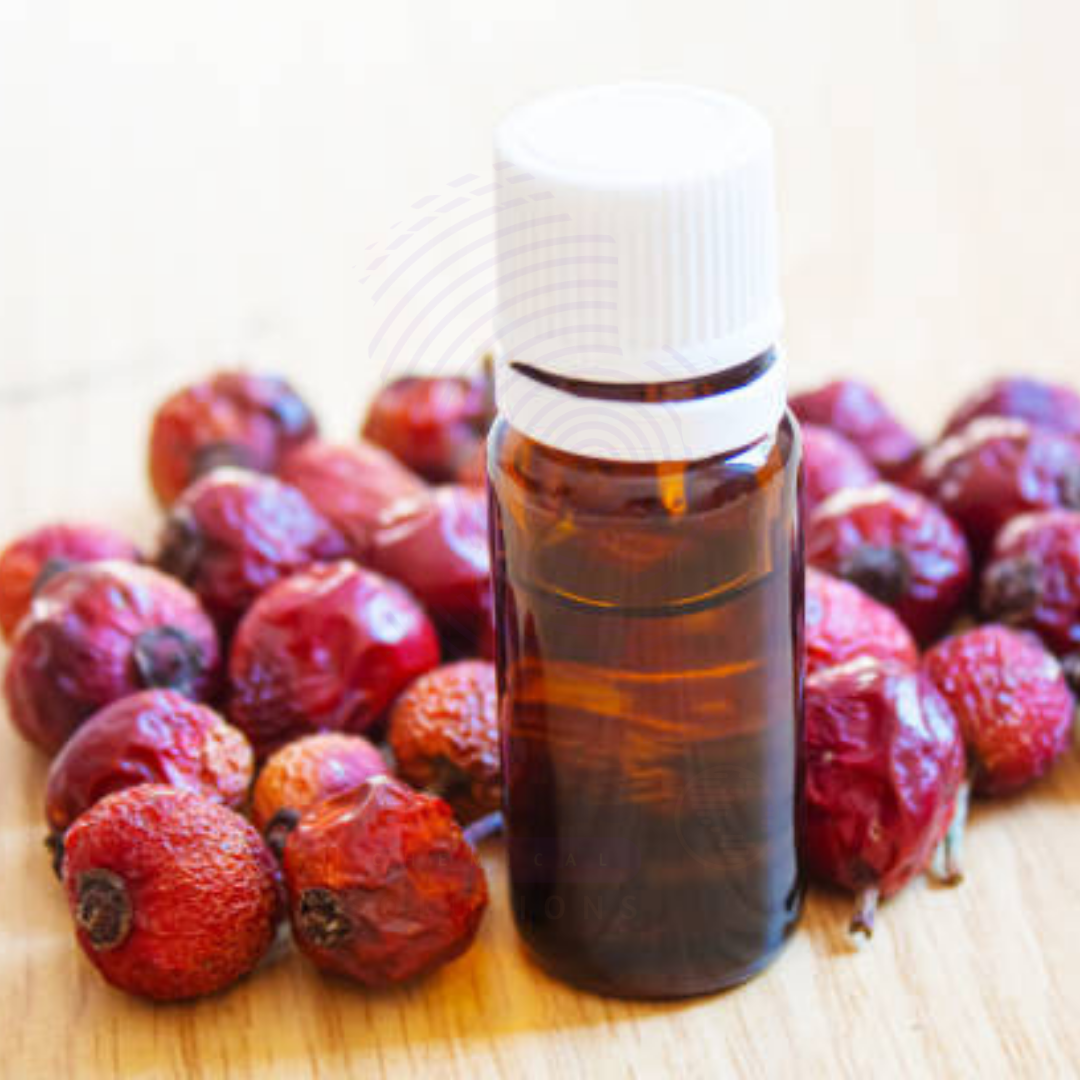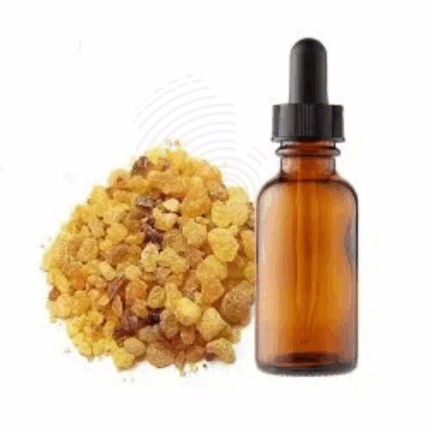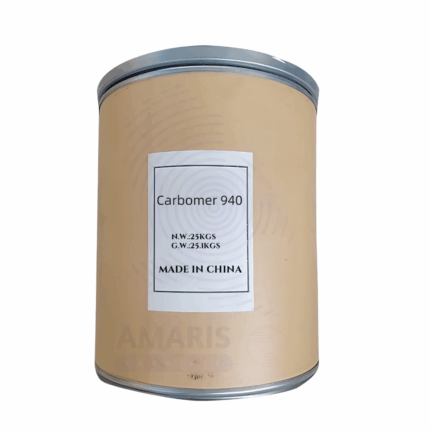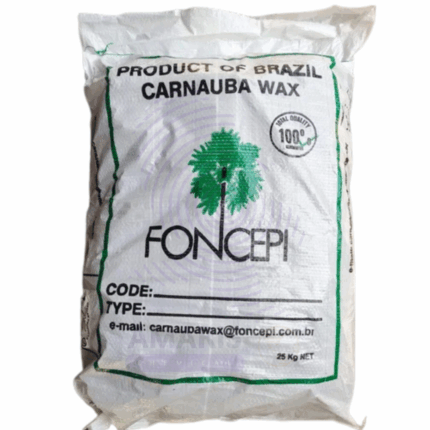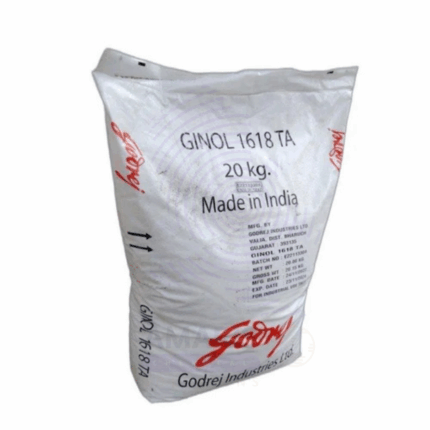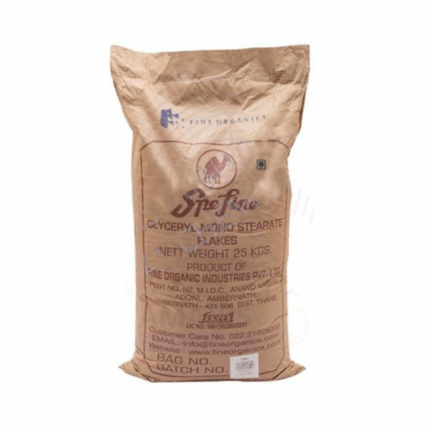“Fully Refined Paraffin Wax” has been added to your cart. View cart
Back to products
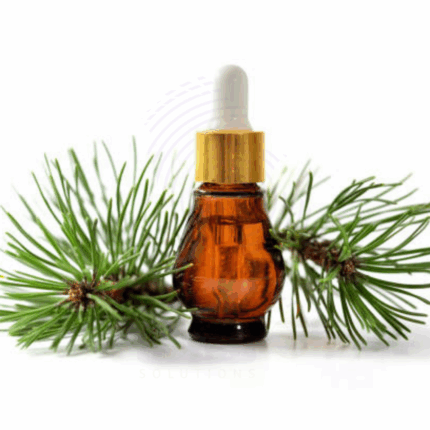

Pine Oil
$ 15.85 Original price was: $ 15.85.$ 15.75Current price is: $ 15.75.
Palm kernel Oil
$ 14.45 Original price was: $ 14.45.$ 14.36Current price is: $ 14.36.
Whatsapp Order
Palm Kernel Oil is a versatile edible and industrial oil extracted from the kernels (seeds) of the oil palm fruit (Elaeis guineensis). It is distinct from palm oil, which is derived from the fruit’s pulp. This oil is characterized by its light yellow color and mild, nutty aroma. Rich in medium-chain fatty acids, particularly lauric acid, Palm Kernel Oil exhibits excellent moisturizing, cleansing, and emulsifying properties. Widely used in food, cosmetics, and industrial applications, it is valued for its stability, texture-enhancing qualities, and skin-conditioning benefits.
Description
Table of Contents
Toggle
Palm kernel Oil
Primary Uses
- Aromatherapy & Wellness
- Occasionally used as a carrier oil in massage blends due to its moisturizing properties.
- Applied in traditional therapies for skin nourishment and muscle relaxation.
- Cosmetics and Personal Care
- Commonly used in soaps, shampoos, and body washes for its rich lather and cleansing ability.
- Added to creams, lotions, and balms as an emollient to hydrate and soften skin.
- Included in lip balms and hair conditioners to improve texture and moisture retention.
- Used in deodorants and bath oils for skin conditioning and mild fragrance support.
- Topical Applications
- Used in skin care products for dry, rough, or cracked skin to provide nourishment and protection.
- Incorporated in massage oils for improved glide and skin softness.
Secondary Uses
- Cleaning and Detergent Products
- Widely used in soap and detergent manufacturing for its excellent foaming and cleansing properties.
- Included in household cleaning products for grease-cutting and mild antimicrobial effects.
- Food and Beverage Chemicals
- Used as an edible oil in cooking, frying, and baking due to its heat stability and mild flavor.
- Ingredient in margarine, shortening, and confectionery products.
- Industrial Applications
- Utilized in the production of biofuels, lubricants, and surfactants.
- Employed in candle making and as a raw material for oleochemicals.
Additional information
| PACK SIZE |
5kg |
|---|
KEY PRODUCT FEATURES
1. Basic Identification Attributes
- Botanical Name: Elaeis guineensis
- Common/Trade Name: Palm Kernel Oil
- INCI Name: Elaeis Guineensis Kernel Oil
- CAS Number: 84649-99-0
- HS Code: 1513.19
2. Physical & Chemical Properties
- Physical State: Semi-solid to liquid depending on temperature
- Color & Odor: Pale yellow; mild, nutty aroma
- Solubility: Insoluble in water; soluble in alcohol and oils
- Refractive Index: 1.450 – 1.460
- Specific Gravity: 0.910 – 0.930
- Main Components: Lauric acid, myristic acid, palmitic acid, oleic acid
3. Safety & Hazard Attributes
- GHS Classification: Generally safe; low risk of irritation
- Toxicity: Low toxicity; safe for topical and food use when properly processed
- Exposure Limits: Follow standard occupational exposure guidelines
- Allergen Information: Generally non-allergenic, but individual sensitivities possible
4. Storage & Handling Attributes
- Storage Conditions: Store in a cool, dry place away from direct sunlight
- Container Type: Food-grade drums, tins, or plastic containers
- Shelf Life: 12 to 24 months under proper storage conditions
- Handling Precautions: Avoid contamination and moisture ingress
5. Regulatory & Compliance Attributes
- Compliant with food safety and cosmetic regulations worldwide
- Produced in GMP-certified facilities
- Not classified as hazardous for transport
6. Environmental & Health Impact
- Biodegradability: Biodegradable under normal conditions
- Ecotoxicity: Low aquatic toxicity
- Bioaccumulation: Not expected to bioaccumulate
SAFETY HANDLING PRECAUTIONS
Safety Handling Precautions
- PPE Required: Gloves recommended during bulk handling
- Handling Guidelines: Maintain hygiene and avoid contamination
First Aid Measures
- Inhalation: Not applicable; oil is non-volatile
- Skin Contact: Wash with soap and water if irritation occurs
- Eye Contact: Rinse immediately with water if contact occurs
- Ingestion: Safe as food; seek medical advice if excessive ingestion causes discomfort
Firefighting Measures
- Fire Hazards: Combustible; avoid open flames and high heat
- Extinguishing Media: Foam, dry chemical powder, carbon dioxide
- Special Precautions: Use appropriate protective equipment
- Hazardous Combustion Products: Carbon monoxide, carbon dioxide
Related products
Candelilla Wax
Candelilla Wax is a natural vegetable wax derived from the leaves of the Euphorbia cerifera shrub, native to northern Mexico and the southwestern United States. It appears as a hard, brittle, light yellow to brown wax with a mild, characteristic odor. This wax is valued for its high melting point, gloss-enhancing properties, and excellent binding capabilities. It is widely used in cosmetics, pharmaceuticals, food, and industrial applications as a vegan alternative to beeswax. Its film-forming, emollient, and stabilizing attributes make it a multifunctional ingredient across several industries.
Carbomer
Carbomer is a high molecular weight, crosslinked polyacrylic acid polymer used primarily as a rheology modifier, thickening agent, and suspension stabilizer. Supplied as a fluffy white powder, it exhibits high viscosity and excellent clarity when neutralized and dispersed in water or alcohol-water systems. Carbomer 940 is widely valued for its ability to form clear gels, control flow properties, and stabilize emulsions. It is commonly used in cosmetics, personal care, pharmaceuticals, and household formulations due to its consistency, compatibility, and efficient thickening performance at low concentrations.
Carnauba Wax
Carnauba Wax is a natural vegetable wax obtained from the leaves of the Copernicia prunifera palm tree, native to northeastern Brazil. It appears as a hard, brittle, yellow to brownish-yellow wax with a faint, characteristic odor. Known as the “queen of waxes,” Carnauba Wax is prized for its exceptionally high melting point, glossy finish, and excellent hardness. It is a premium wax widely used in cosmetics, food, pharmaceuticals, automotive, and industrial applications as a natural, biodegradable alternative to synthetic waxes. Its film-forming, emulsifying, and protective properties make it highly versatile for use in coatings, polishes, and skincare products.
Ceto Stearyl Alcohol
Ceto Stearyl Alcohol 1618TA is a high-quality fatty alcohol blend primarily composed of cetyl (C16) and stearyl (C18) alcohols. It appears as a white, waxy solid or flakes with a mild fatty odor. This blend is widely used as an emollient, thickener, and co-emulsifier in cosmetic, pharmaceutical, and industrial formulations. Ceto Stearyl Alcohol 1618TA offers excellent lubricity, thickening, and stabilizing properties, enhancing the texture, consistency, and moisturizing characteristics of creams, lotions, and hair care products. It serves as a skin conditioning agent and contributes to the structural integrity of emulsions.
Cetyl Alcohol 98% Flakes
Cetyl Alcohol Flakes is a high-purity fatty alcohol derived mainly from natural sources such as palm oil and coconut oil. Presented as white to off-white waxy flakes, this product contains at least 98% pure cetyl alcohol, ensuring consistent performance and quality. It is valued for its excellent emollient, thickening, and emulsifying properties and is widely used in personal care, pharmaceutical, and industrial formulations. The flake form facilitates easy handling, melting, and dosing in manufacturing processes. Cetyl Alcohol 98% Flakes contributes to the texture, stability, and moisturizing properties of various formulations, providing a non-greasy, smooth finish.
Cetyl Palmitate
Cetyl Palmitate is a naturally derived ester formed by the reaction of cetyl alcohol and palmitic acid. It appears as a white to off-white waxy solid with a mild fatty odor. This compound is widely used in cosmetic, pharmaceutical, and industrial formulations for its emollient, thickening, and texture-enhancing properties. Cetyl Palmitate imparts a smooth, creamy feel to products and contributes to improved stability and consistency in creams, lotions, balms, and ointments. Its film-forming and skin-conditioning attributes make it a preferred ingredient in personal care products as well as in specialty industrial applications.
Glycerol Monostearate Flakes
Glycerol Monostearate Flakes is a white to off-white waxy flake form emulsifier composed of 40% monoglycerides of fatty acids, primarily stearic and palmitic acids, combined with other glycerides and esters. Derived mainly from vegetable oils, this food-grade emulsifier is widely utilized in food, cosmetic, pharmaceutical, and industrial sectors for its multifunctional properties. GMS 40% flakes serve as effective emulsifiers, stabilizers, anti-caking agents, and texture enhancers, with excellent compatibility and versatility in formulations requiring semi-solid or solid fats.
Inosoft Softener Flakes
Inosoft Softener Flakes is a solid, flaked fabric softener designed for use in textile finishing processes. These flakes are typically composed of cationic softening agents derived from quaternary ammonium compounds or fatty amine derivatives, formulated to impart softness, smoothness, and antistatic properties to fabrics. The flaked form allows for easy storage, handling, and controlled dosing in industrial textile softening applications. Inosoft flakes dissolve readily in water during processing to provide uniform softening and enhanced fabric feel.


 Preservatives(food)
Preservatives(food) Flavor Enhancers
Flavor Enhancers Acidulants
Acidulants Sweeteners
Sweeteners Antioxidants
Antioxidants Colorants(food)
Colorants(food) Nutraceutical Ingredients (food)
Nutraceutical Ingredients (food) Nutrient Supplements
Nutrient Supplements Emulsifiers
Emulsifiers
 Collectors
Collectors Dust Suppressants
Dust Suppressants Explosives and Blasting Agents
Explosives and Blasting Agents Flocculants and Coagulants
Flocculants and Coagulants Frothers
Frothers Leaching Agents
Leaching Agents pH Modifiers
pH Modifiers Precious Metal Extraction Agents
Precious Metal Extraction Agents
 Antioxidants(plastic)
Antioxidants(plastic) Colorants (Pigments, Dyes)
Colorants (Pigments, Dyes) Fillers and Reinforcements
Fillers and Reinforcements Flame Retardants
Flame Retardants Monomers
Monomers Plasticizers
Plasticizers Polymerization Initiators
Polymerization Initiators Stabilizers (UV, Heat)
Stabilizers (UV, Heat)
 Antifoaming Agents
Antifoaming Agents Chelating Agents
Chelating Agents Coagulants and Flocculants
Coagulants and Flocculants Corrosion Inhibitors
Corrosion Inhibitors Disinfectants and Biocides
Disinfectants and Biocides Oxidizing Agents
Oxidizing Agents pH Adjusters
pH Adjusters Scale Inhibitors( water)
Scale Inhibitors( water)
 Antioxidants(cosmetic)
Antioxidants(cosmetic) Emollients
Emollients Fragrances and Essential Oils
Fragrances and Essential Oils Humectants
Humectants Preservatives
Preservatives Surfactants(cosmetic)
Surfactants(cosmetic) Thickeners
Thickeners UV Filters
UV Filters
 Fertilizers
Fertilizers Soil Conditioners
Soil Conditioners Plant Growth Regulators
Plant Growth Regulators Animal Feed Additives
Animal Feed Additives Biostimulants
Biostimulants Pesticides (Herbicides, Insecticides, Fungicides)
Pesticides (Herbicides, Insecticides, Fungicides)
 Active Pharmaceutical Ingredients (APIs)
Active Pharmaceutical Ingredients (APIs) Excipients
Excipients Solvents(pharmaceutical)
Solvents(pharmaceutical) Antibiotics
Antibiotics Antiseptics and Disinfectants
Antiseptics and Disinfectants Vaccine Adjuvants
Vaccine Adjuvants Nutraceutical Ingredients (pharmaceutical)
Nutraceutical Ingredients (pharmaceutical) Analgesics & Antipyretics
Analgesics & Antipyretics
 Analytical Reagents
Analytical Reagents Solvents(lab)
Solvents(lab) Chromatography Chemicals
Chromatography Chemicals Spectroscopy Reagents
Spectroscopy Reagents microbiology-and-cell-culture-reagents
microbiology-and-cell-culture-reagents Molecular Biology Reagents
Molecular Biology Reagents Biochemical Reagents
Biochemical Reagents Inorganic and Organic Standards
Inorganic and Organic Standards Laboratory Safety Chemicals
Laboratory Safety Chemicals Specialty Laboratory Chemicals(Special Laboratory Equipment)
Specialty Laboratory Chemicals(Special Laboratory Equipment)
 Demulsifiers
Demulsifiers Hydraulic Fracturing Fluids
Hydraulic Fracturing Fluids Scale Inhibitors(oil)
Scale Inhibitors(oil) Surfactants(oil)
Surfactants(oil) Drilling Fluids
Drilling Fluids
 Dyes and Pigments
Dyes and Pigments Bleaching Agents
Bleaching Agents Softening Agents
Softening Agents Finishing Agents
Finishing Agents Antistatic Agents
Antistatic Agents
 Admixtures
Admixtures Waterproofing Agents
Waterproofing Agents Sealants and Adhesives
Sealants and Adhesives Curing Compounds
Curing Compounds Concrete Repair Chemicals
Concrete Repair Chemicals Anti-Corrosion Coatings
Anti-Corrosion Coatings
 Surfactants(cleaning)
Surfactants(cleaning) Builders
Builders Enzymes
Enzymes Solvents (Cleaning)
Solvents (Cleaning) Fragrances
Fragrances
 Electronic Chemicals
Electronic Chemicals Catalysts
Catalysts Lubricants
Lubricants Photographic Chemicals
Photographic Chemicals Refrigerants
Refrigerants Automotive chemicals
Automotive chemicals Pyrotechnic Chemicals
Pyrotechnic Chemicals
 Biodegradable Surfactants
Biodegradable Surfactants Bio-based Solvents
Bio-based Solvents Renewable Polymers
Renewable Polymers Carbon Capture Chemicals
Carbon Capture Chemicals Wastewater Treatment Chemicals
Wastewater Treatment Chemicals
 Pigments
Pigments Solvents(paint)
Solvents(paint) Specialty Coatings
Specialty Coatings Binders/Resins
Binders/Resins Additives
Additives Driers
Driers Anti-Corrosion Agents
Anti-Corrosion Agents Functional Coatings
Functional Coatings Application-Specific Coatings
Application-Specific Coatings
 Fresh Herbs
Fresh Herbs Ground Spices
Ground Spices Whole Spices
Whole Spices Spice Blends
Spice Blends Dried Herbs
Dried Herbs
 Leavening Agents
Leavening Agents Dough Conditioners
Dough Conditioners Flour Treatments
Flour Treatments Fat Replacers
Fat Replacers Decoratives
Decoratives Preservatives(baking)
Preservatives(baking)
 Plasticizers & Softeners
Plasticizers & Softeners Reinforcing Agents
Reinforcing Agents Adhesion Promoters
Adhesion Promoters Vulcanizing Agents
Vulcanizing Agents Antidegradants
Antidegradants Blowing Agents
Blowing Agents Fillers & Extenders
Fillers & Extenders Accelerators & Retarders
Accelerators & Retarders